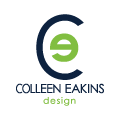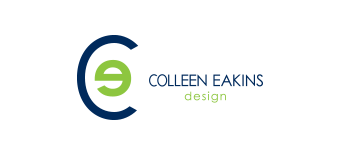WordPress is “Easy,” is Relative to Your Experience
I love the WordPress platform for building and maintaining websites. Lots of web designers, entrepreneurs and bloggers love WordPress as well because it’s so “easy.” When working with clients and explaining WordPress to them, I have branded it as “easy” to use and learn as well. However, I have begun to realize that “easy” is relative and WordPress may not be “easy” to learn or maintain for everyone.
WordPress is “easy” to me for a variety of reasons. One, I no longer have to hand code a full site. Gone are the days of me designing websites based on what I knew I could actually code and make function. I went to school for graphic design and later went back for a MBA in marketing, but all of my web design skills and knowledge are self-taught. I am admittedly more right brain than left and the left brain is what sees art and music in all of those lines of code, styling, hooks and calls. WordPress came along and made it “easy” because I can use something existing as a base to build off of. Instead of starting from scratch, I can use my coding skills to customize, tweak, tear apart and put back together a site that is unique in look to my client and gives them the functionality they need. Compared to what I had to do before, WordPress is “easy.”
Another reason is that maintaining what I have built is much simpler and no longer requires the expertise of a client’s webmaster (does that term still exist). Before WordPress, if a client needed a change or update made, they would have to come back to me to modify the code. Now the interface looks similar to Microsoft Word although the WYSIWYG (what you see is what you get) editor is not quite so WYSIWYG. Thus, making WordPress “easy” to maintain and update, but again; this is all relative to my experience and knowing what it used to be like.
For someone that is entirely new to websites and is looking to have one made for their business, WordPress may not seem so “easy.” Especially when they have an interface that is similar to Microsoft Word, but does not really act or function like Microsoft Word. It can be downright frustrating. WordPress also requires a bit of technical savvy to really get a handle on how things work on the back-end and how that all correlates to what is seen on the front-end.
While it is great to be able to say what it used to be like and how hard that was in comparison to WordPress today, for a client that needs a business site, it is all irrelevant. Today they need a site and today they need to be able to maintain it. If I told them that it would be “easy” with WordPress, then that is what it needs to be. For that reason, I no longer tout WordPress as an “easy” solution, because “easy” is relative.
Colleen Eakins is a dynamic and creative individual that possess a knack for great design. With over 15 years of experience in the field of graphic design, Colleen is able to effectively brand her clients with great design pieces. Her motto is: “Anyone can make a pretty picture, but is it effective? Will it make your customer buy your product or use your services? My design tries to answer with a YES!”




